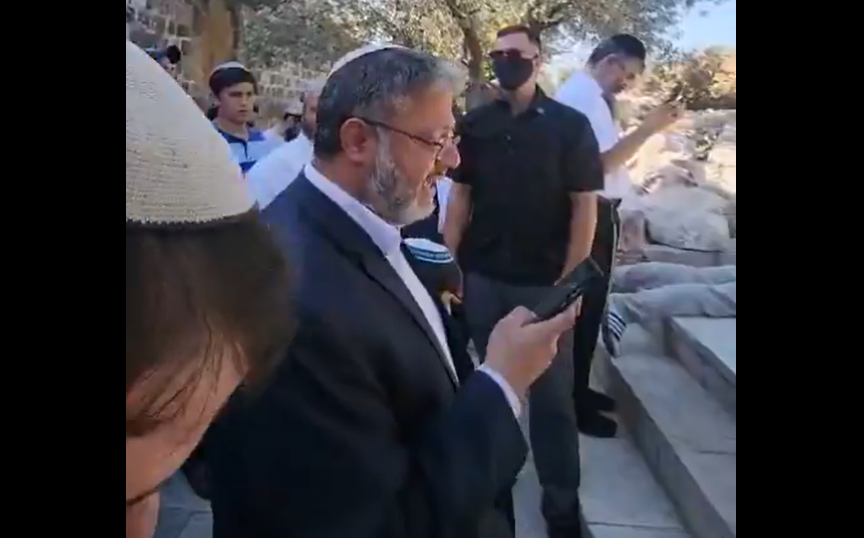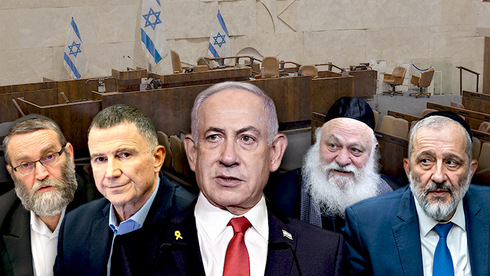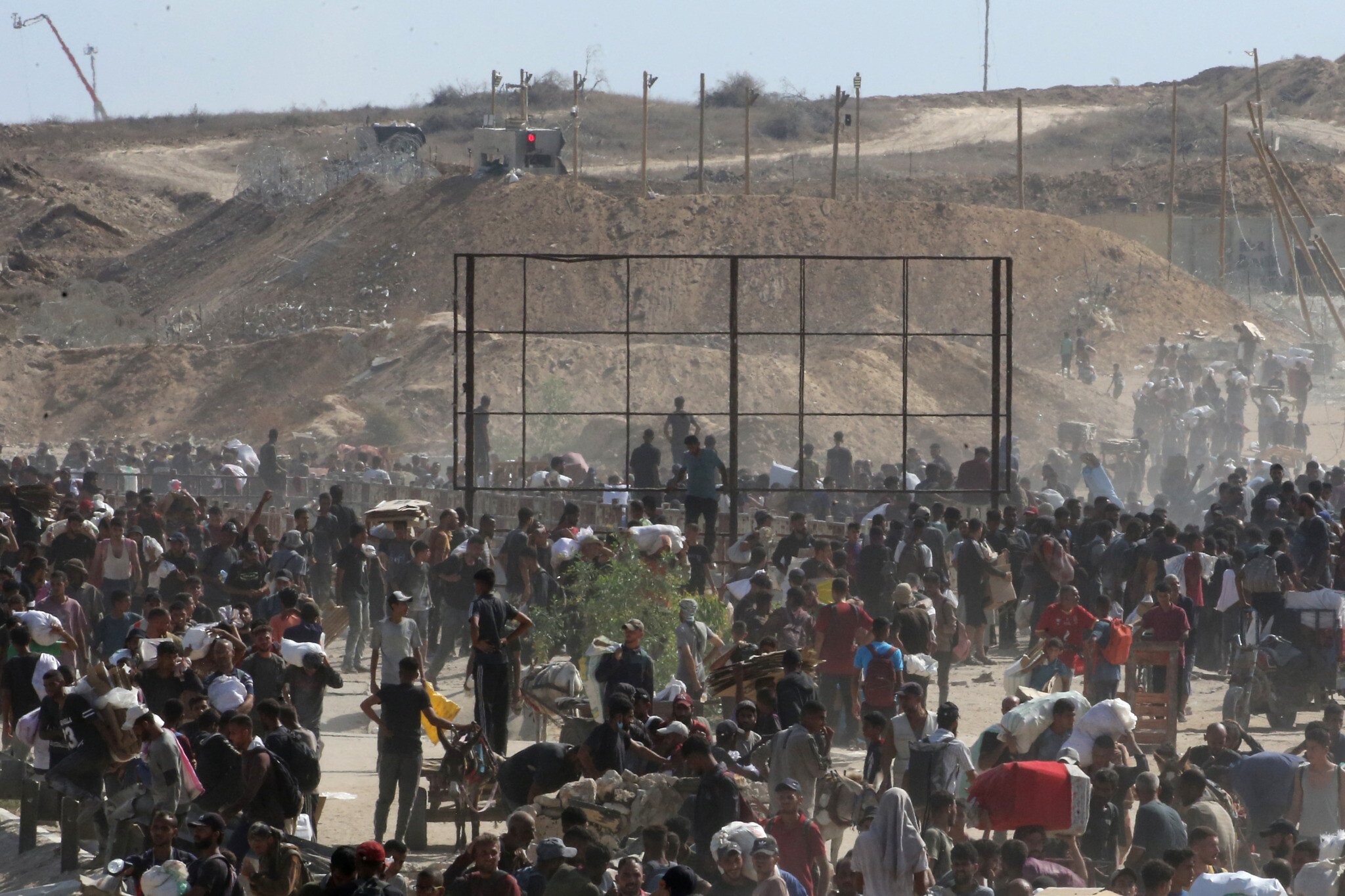T4K3.news
Ben Gvir leads prayers at Temple Mount, igniting controversy
Israel's National Security Minister led Jewish prayers at the contested site, violating status quo agreements.

Itamar Ben Gvir's actions at the Temple Mount have sparked significant backlash from various stakeholders.
Far-right minister leads prayers at Temple Mount amid rising tensions
On August 3, Itamar Ben Gvir, Israel's far-right National Security Minister, led Jewish worshippers in prayer at the contentious Temple Mount during Tisha B'Av, marking a pivotal moment as no government minister has publicly prayed at the site before. This act, seen as a violation of the established status quo, provoked strong reactions from the Palestinian Authority, Jordan, and Saudi Arabia. In contrast, Israeli Prime Minister Benjamin Netanyahu affirmed the unchanged policy regarding the site's accessibility for worshippers, emphasizing the continued restrictions on public prayer for Jews there. Despite the tensions, Ben Gvir remains resolute in promoting Jewish prayer at this historically sensitive location. His declaration of sovereignty over the entire Gaza Strip during the visit has further inflamed the already volatile situation, with calls from neighboring nations urging international intervention against such provocative actions.
Key Takeaways
"The international community must intervene immediately to stop the provocations."
Abbas's spokesman called for urgent global action after Ben Gvir's visit.
"Israel has no sovereignty over the blessed Al-Aqsa Mosque."
Jordan's condemnation highlights the sensitive nature of the Temple Mount's status.
"We will strengthen our hold and sovereignty over Jerusalem, forever."
Defense Minister Israel Katz emphasized a firm stance on Israeli control of the site.
"This crosses all red lines."
A spokesman for the Palestinian Authority expressed outrage over the prayer.
Ben Gvir's visit underscores a deepening fracture in Israeli-Palestinian relations and raises questions about the future of the Temple Mount's status. His actions reflect a growing trend within Israeli politics to challenge long-standing agreements and increase Jewish presence at the site. The backlash from Jordan and Saudi Arabia indicates that this issue resonates beyond local tensions, potentially impacting broader Middle Eastern geopolitics. As pressure mounts for both sides, the risk of escalations surrounding holy sites only intensifies, particularly with political figures supporting actions perceived as provocations.
Highlights
- Ben Gvir's move could redefine the status quo at the Temple Mount.
- Provocations around sacred sites ignite longstanding tensions.
- Political maneuvers over holy ground risk wider conflict.
- The response to Ben Gvir's actions reveals the fragile balance in Jerusalem.
Increased regional tension over Temple Mount actions
Ben Gvir's open prayers at the Temple Mount have breached the status quo agreements, provoking strong reactions and fears of escalated violence in the region. Such actions could spark further unrest, complicating peace efforts and heightening tensions.
As tensions rise, the future of the Temple Mount remains uncertain amid competing claims and reactions.
Enjoyed this? Let your friends know!
Related News
Tensions rise after Ben-Gvir leads prayers at Al-Aqsa

Casualties in Gaza rise as violence escalates

Israeli minister leads settlers in raid on Al-Aqsa Mosque

Israeli Minister Faces Backlash for Praying at Sensitive Holy Site

Edelstein's removal as chair of Knesset committee pushed by Likud

Hamas refuses negotiation as Israel opts for military action

Israel will annex parts of Gaza if no deal is reached with Hamas

Gaza Reports Six Deaths Due to Hunger in Latest Updates
